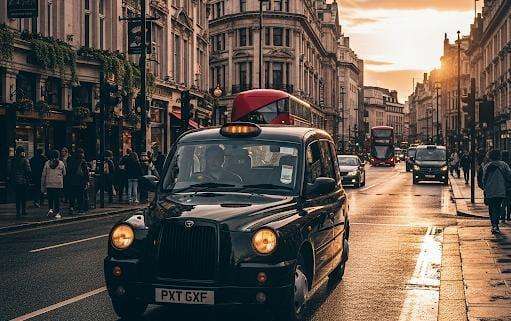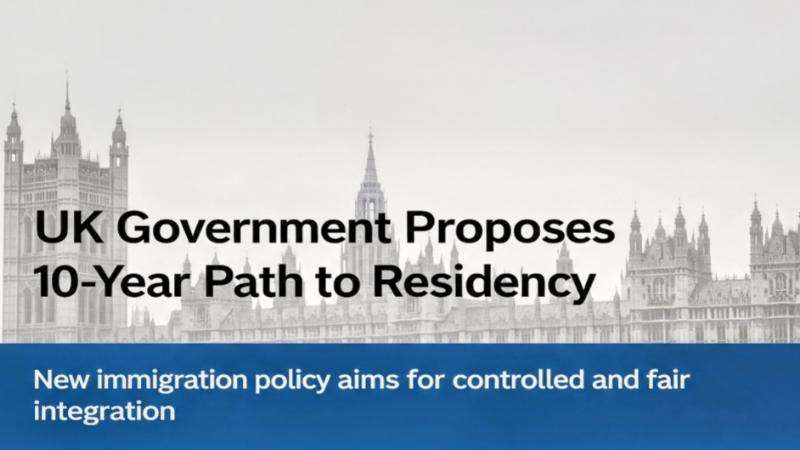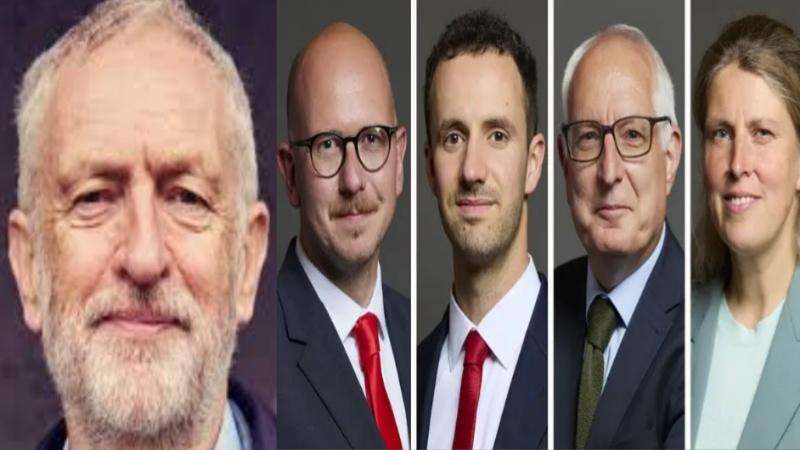Plans for Eurostar-style train services connecting Britain and Germany are being developed by Sir Keir Starmer and Friedrich Merz, ahead of a planned summit in London. The two leaders intend to dismantle barriers that currently prevent direct rail travel from London to Frankfurt, with hopes of eventually extending the service to Berlin.
The UK Prime Minister is expected to welcome the German Chancellor on his first official visit to Britain since winning February’s election.
As part of the UK government’s effort to reset relations with Europe after Brexit, the two leaders will sign a “friendship treaty” and agree on an action plan to strengthen ties. Among the initiatives, they plan to establish a working group tasked with enabling direct rail links between London’s St Pancras station and major German cities, according to multiple sources cited by The Telegraph.
The first destinations are expected to include Frankfurt, Germany’s financial centre, and Cologne, known for its carnival. There are also ambitions to create a direct service to Berlin, similar to existing trains from London to Paris, Brussels, and Amsterdam.
The government sees these plans as more than symbolic of strong UK-EU ties after Brexit — they are expected to boost the economy, increase tourism, and offer a greener alternative to air travel.
Eurostar, which is acquiring 50 new trains in a £2 billion investment, and Deutsche Bahn are already in talks over the new routes, which could become operational by 2030.
Launching direct routes is highly complex and typically requires government support to address the many legal, technical, and infrastructural challenges involved. The new UK-Germany working group will aim to address such issues and make the routes feasible.
The first trains to Frankfurt are expected to take around five hours — considered competitive with flying — and would likely pass through Paris, which helps manage EU border and passport checks at St Pancras. Routes to Cologne would probably go through Brussels, requiring negotiations with Belgian authorities as well.
Beyond immigration and border controls, there are significant technical obstacles: the UK, France, Germany, and Belgium all have differing train safety standards, power systems, and platform specifications. For example, Britain and Germany use different voltages for their railways, and signalling systems are not fully interoperable. Additionally, only a few train models are certified to run across all these countries, and custom-built trains are very costly.
To formalise their cooperation, London and Berlin are expected to sign a memorandum of understanding (MoU), laying the foundation for commercial services that could boost trade and tourism.
In addition, the two countries will sign a defence cooperation treaty and announce a deal to make school exchanges easier — addressing an 80% drop in German school trips to the UK since Brexit.
Bringing Germany and the UK closer
Deutsche Bahn previously abandoned plans for a London–Frankfurt service in 2010 due to high costs, border control complications, and difficulties negotiating with Channel Tunnel operators.
A Deutsche Bahn spokesperson acknowledged the complexity of the project, saying:
“A direct connection from Germany to London is challenging from a technical, operational, and legal perspective. Several key requirements must be met for it to go into operation.”
He added:
“We are currently in talks with Eurostar about a direct connection from Germany to London. Together, we want to bring Germany and Great Britain even closer together by rail. We are convinced of the great potential of a direct connection.”
Eurostar, meanwhile, is exploring new routes as its 30-year monopoly on Channel Tunnel passenger traffic nears an end, with the UK rail regulator inviting competitors to submit their plans last month.
Having already extended its services to the Netherlands, Eurostar is also considering direct trains to Geneva, Switzerland. In May, the UK signed a similar MoU with Switzerland.
Eurostar CEO Gwendoline Cazenave, speaking last month after announcing an expansion of the company’s fleet to 67 trains, said:
“Our new fleet will make new destinations for customers a reality — notably direct trains between London and Germany, and between London and Switzerland for the first time. A new golden age of international sustainable travel is here.”







.jpg)
.svg)



.jpg)
_1.jpg)